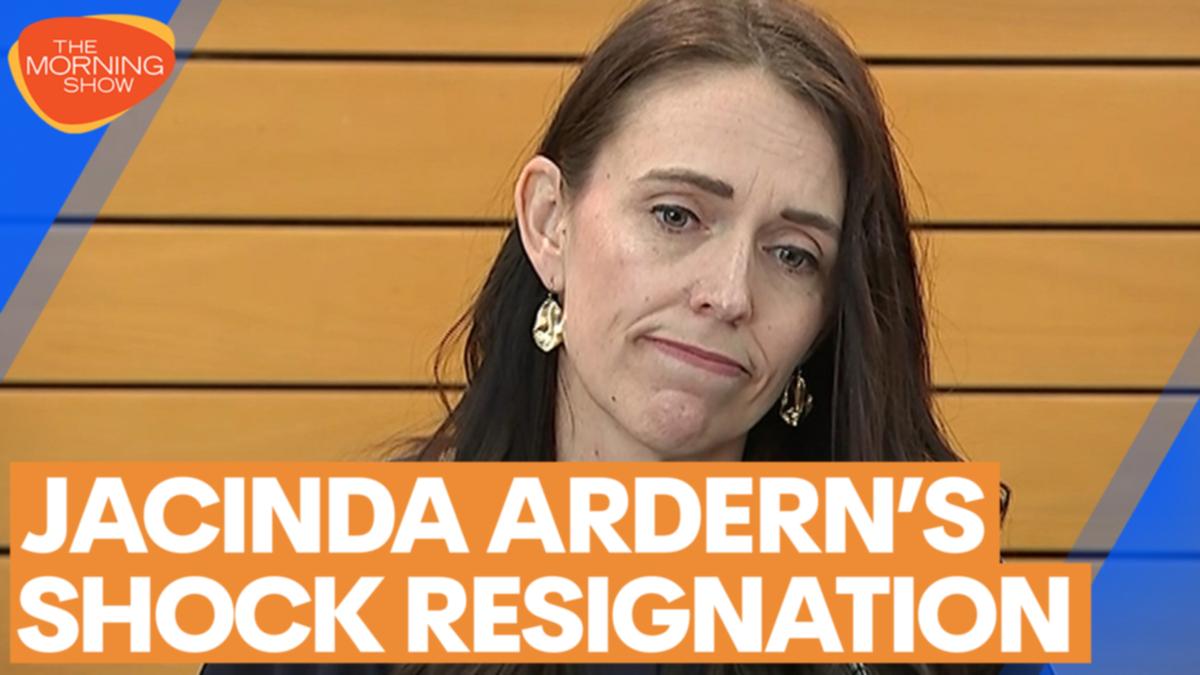Jacinda Ardern is the youngest woman to ever be elected as Prime Minister of New Zealand. Her leadership of the country during the Covid-19 pandemic, the Christchurch mosque shootings and the White Island volcano eruption has earned her widespread international praise.
However, recent polls have shown a decline in public support for Ms Ardern and her Labour Party. Some are speculating that this is a sign of the “burnout” that people often feel on a daily basis.
Ms Ardern has been the subject of misogynist attacks, but has also received praise for her empathetic response to the Christchurch terror attack. She said she wants to spend more time with her family.
On Thursday, she announced her intention to resign from the role. Jecinda Ardern will tender her resignation to the Governor General on February 7.
A former adviser to Tony Blair’s Cabinet Office, she joined the Labour Party when she was 17. Several polls showed her party’s popularity had dropped.
But she was still a preferred prime minister. Ardern’s decision to resign was unexpected, and came as a shock to many Kiwis. Typically, people stay in office until their term ends.
But the Labour Party is currently trailing the main opposition, National. The party’s leaders want to avoid displaying political weakness.
Labour’s caucus will meet on January 22 to vote on a new leader. They will need two-thirds to agree on a replacement.
A recent opinion poll found that Ms Ardern’s party is losing ground to National. In fact, it was the first time in a decade that polls showed Labour lagging behind the opposition.
For more great media content see our media section.
Also, check out our business media partners — USABusinessRadio.com and PriceofBusiness.com.







